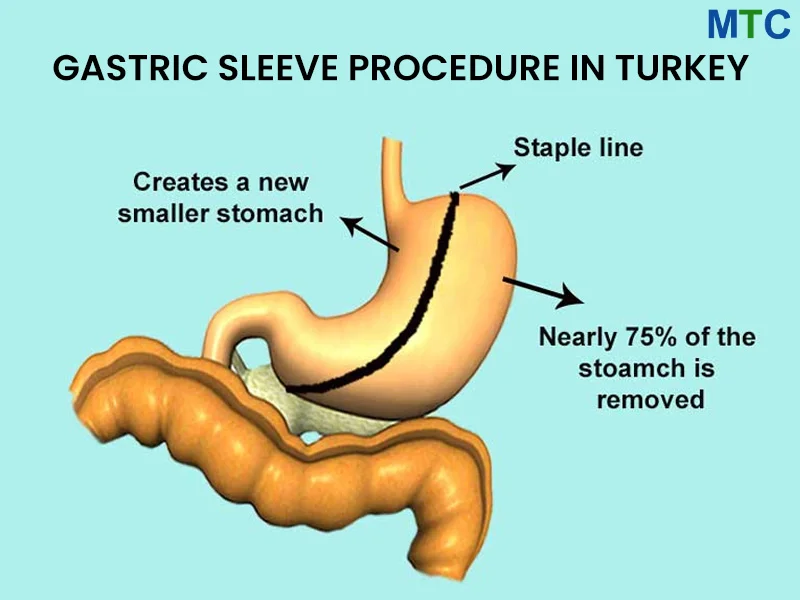Losing weight is a common goal for many people looking to improve their overall health and well-being. While the amount of weight one can lose in a month varies depending on individual factors such as age, gender, and starting weight, there are certain guidelines and strategies that can help individuals achieve their weight loss goals in a safe and sustainable manner. In this article, we will explore the factors that influence weight loss, as well as provide tips on how much weight can you lose in a month.
What is the Maximum weight you can lose in a Month?
The maximum amount of weight one can lose in a month depends on several factors, including their starting weight, age, gender, body composition, and overall health. In general, a safe and healthy rate of weight loss is considered to be between 1-2 pounds per week, or 4-8 pounds per month.
However, it is possible to lose more weight in a month, particularly if you have a lot of weight to lose. Rapid weight loss of more than 2 pounds per week can be achieved through a combination of a calorie-restricted diet and increased physical activity. However, it is important to note that losing weight too quickly can lead to health problems, including muscle loss, nutrient deficiencies, and gallstones.
How much weight do you have to lose to notice a difference?
The amount of weight you need to lose to notice a difference in your appearance and health depends on several factors, including your starting weight, body composition, and where you carry the weight on your body. In general, losing just 5-10% of your body weight can lead to significant improvements in your overall health and appearance.
For example, if you weigh 200 pounds, losing 10-20 pounds can lead to noticeable changes in your body shape and size. You may also notice improvements in your energy levels, mood, and overall health. However, keep in mind that weight loss is not just about the number on the scale, but also about improving your body composition by reducing body fat and increasing muscle mass.
How do I lose weight fast in 2 weeks?
Rapid weight loss can lead to muscle loss, nutrient deficiencies, and may also increase the risk of regaining the weight.
However, if you are looking to lose weight quickly in two weeks, here are some tips:
Follow a calorie-restricted diet:
To lose weight, you need to create a calorie deficit by consuming fewer calories than you burn. You can achieve this by following a calorie-restricted diet that is low in processed foods and high in protein, fibre, and healthy fats. Aim to consume 1200-1500 calories per day, depending on your individual needs and goals.
Increase physical activity:
Exercise is an important component of weight loss. Aim to incorporate both cardiovascular exercise and strength training into your routine. This can include activities such as walking, jogging, cycling, or weightlifting. Try to exercise for at least 30 minutes a day.
Drink plenty of water:
Drinking water can help you feel fuller and reduce your calorie intake. Aim to drink at least 8-10 glasses of water per day.
Limit sugary and processed foods:
Sugary and processed foods can contribute to weight gain and may also lead to cravings. Try to limit your intake of these foods and focus on consuming whole, nutrient-dense foods.
Get enough sleep:
Sleep is important for weight loss and overall health. Aim to get 7-9 hours of sleep per night.
Is it possible to lose 10 pounds in a month?
Yes, it is possible to lose 10 pounds in a month, although the amount of weight one can lose in a month varies depending on individual factors such as age, gender, starting weight, and overall health. Losing 10 pounds in a month would require a calorie deficit of approximately 35,000 calories, which is equivalent to a deficit of 1,167 calories per day.
How much weight can a girl lose in a month?
In general, a safe and healthy rate of weight loss for girls is considered to be between 1-2 pounds per week, or 4-8 pounds per month.
However, it is possible to lose more weight in a month, particularly if the girl has a lot of weight to lose. Rapid weight loss of more than 2 pounds per week can be achieved through a combination of a calorie-restricted diet and increased physical activity.
How to lose weight while breastfeeding?
Losing weight while breastfeeding requires a careful balance between ensuring adequate nutrition for both the mother and the baby and creating a calorie deficit to promote weight loss. Here are some tips to help you lose weight while breastfeeding:
Consume a well-balanced diet: It is important to consume a well-balanced diet that is rich in nutrient-dense foods such as fruits, vegetables, whole grains, lean proteins, and healthy fats. Focus on consuming foods that are high in fiber and protein, as they can help you feel fuller for longer and reduce your calorie intake.
Drink plenty of water: Drinking enough water is important for milk production and can also help you feel fuller and reduce your calorie intake. Aim to drink at least 8-10 glasses of water per day.
Avoid crash dieting: Crash dieting or severely restricting calories can negatively impact milk supply and may also lead to nutrient deficiencies. Instead, aim to create a calorie deficit of 500-750 calories per day, which is safe and sustainable.
Engage in regular physical activity: Exercise is an important component of weight loss and can also help you feel more energized and reduce stress. Aim to engage in regular physical activity for at least 30 minutes per day, with the approval of your healthcare provider.
Be patient: It is important to be patient with weight loss while breastfeeding, as it may take longer to achieve your goals. Breastfeeding can also impact weight loss, as it requires additional calories and may affect your appetite and metabolism.
Frequently Asked Questions
Q1: How much water should I drink for weight loss?
Ans: Aim for at least 8-10 glasses of water per day.
Q2: Is it safe to lose weight during pregnancy?
Ans: It depends on individual circumstances, but generally, weight loss is not recommended during pregnancy.
Q3: How important is meal timing for weight loss?
Ans: Meal timing is less important than overall calorie intake and food choices.
Q4: Is it safe to consume a low-carb or ketogenic diet for weight loss?
Ans: It can be safe for some individuals, but it is important to ensure adequate nutrient intake and monitor for side effects.
Q5: Can drinking green tea help with weight loss?
Ans: Green tea may have some weight loss benefits due to its caffeine and antioxidant content.
Q6: How much protein should I consume for weight loss?
Ans: Aim for at least 0.8-1 gram of protein per kilogram of body weight per day to support muscle mass and satiety.




